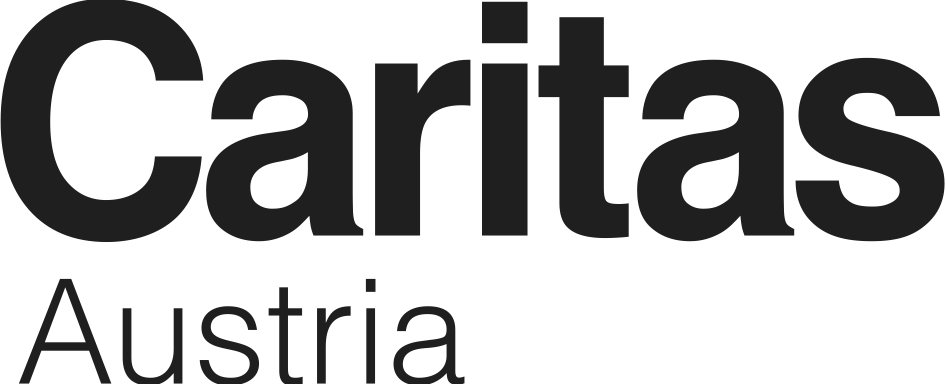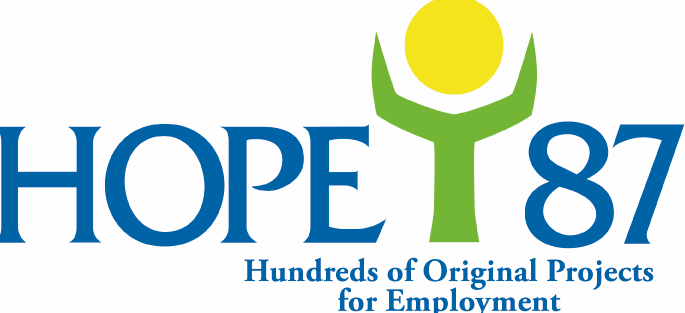Programme 2019
The Humanitarian Congress Vienna brings together international stakeholders from humanitarian aid, politics, media, academia, civil society and business to engage in dialogue on policy, good practices, recent developments and future visions in the field of humanitarian aid. Join us to shape the debate on the “Future of Humanitarian Aid”, engage with leaders, experts and practitioners, contribute your experiences and insights, and participate in peer-to-peer networking. Sessions will run approximately from 09:00 to 18:00. The Congress Organizing Team reserves the right to make changes to the programme if necessary. Register now!
Opening remarks: Annelies Vilim Welcome note: Karin Kneissl
Keynote address: Mark Lowcock
Moderator: Claus Haugaard Sørensen
Panel members: Karin Kneissl, Mark Lowcock, Peter Maurer, Cardinal Luis Antonio Tagle
Keynote speaker: Corinna Milborn Moderator: Rubina Möhring
Panel Members: Melissa Fleming, Corinna Milborn, Regula Stämpfli, Ben Taub, Hernan del Valle
Keynote Speaker: Monique Pariat Moderator: Alistair Dutton
Panel members: Toby Lanzer, Kathrin Schick, Filipa Schmitz Guinote, Daniel Sheeran, Monique Pariat,
Keynote speaker: Françoise Bouchet-Saulnier Moderator: Andras Vamos-Goldman
Panel members: Françoise Bouchet-Saulnier, Heather Harrison Dinniss, Angela Kane,
Manfred Nowak, Eva Svoboda
Keynote speaker: Darelle Van Greunen, Moderator: Andreas Papp
Panel members: Bernhard Kowatsch, Richard Tighe, Darelle Van Greunen, Stefan Voigt
Keynote speaker: Christina Bennett Moderator: Bernhard Wrabetz
Panel members: Franck Bousquet, Christina Bennett, H.E. Vivian Nwunaku Rose Okeke, Cornelia Füllkrug-Weitzel, Riya Saxena
Moderator: Samuel Schubert
Panel members:Ara Badrtarkhanian, Madlen Behrle, Lorenz Harder, Ruggero Scaturro, Christopher Tratnik, Marlit Antonia Schardt, Anna Lisa Soiné


















